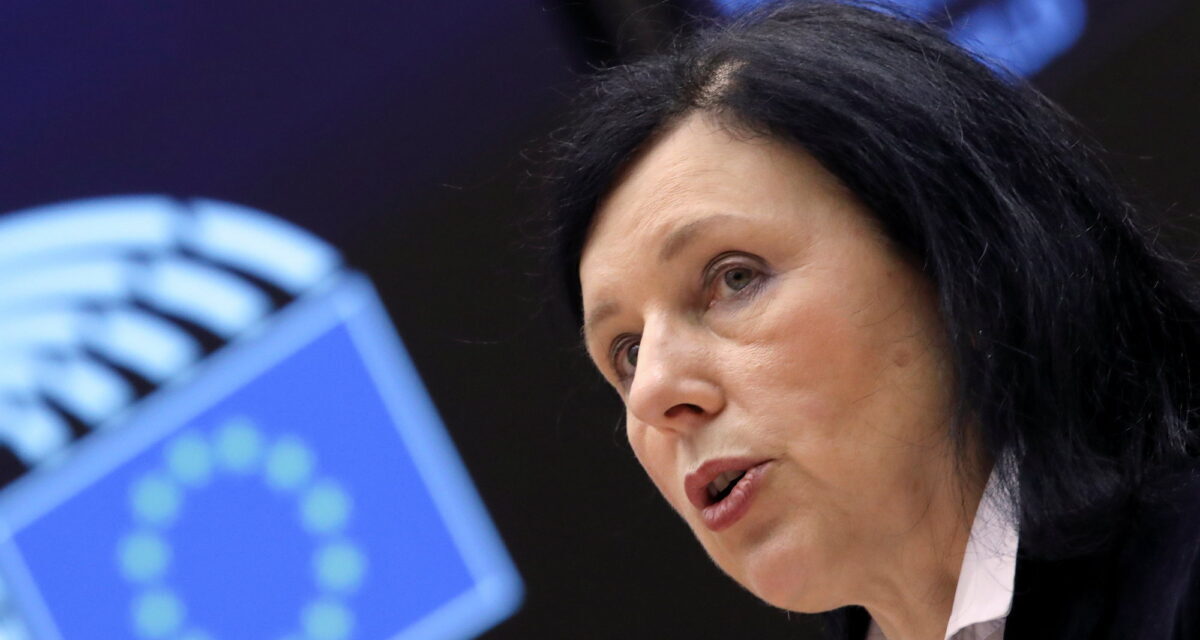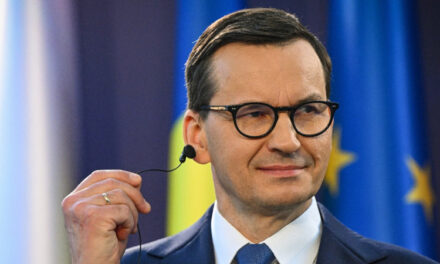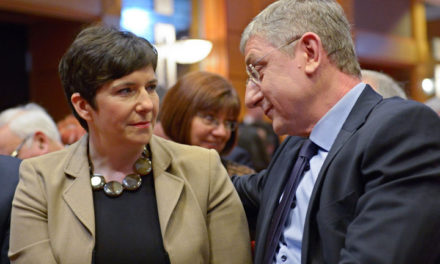Regardless, they can cut their teeth in Hungary.
The EU law protecting press freedom is coming - but will it have an actual effect?
A representative of the European Parliament spoke to the Brussels newspaper Politico about why a new EU law guaranteeing press freedom was needed, mentioning the name of Prime Minister Viktor Orbán and Hungary.
The EU leadership started developing the regulation on press freedom in 2022. Vera Jourová, the Commissioner responsible for values and transparency of the European Commission, already announced last fall that Hungary, among others, can expect tough action.
According to Politico, the European Parliament approved the developed EU regulation a few days ago, on Wednesday,
which prohibits national governments from interfering in editorial decisions and also from requiring reporters to disclose their sources.
In addition, the regulation also makes it more difficult to intervene in the affairs of the public media on paper, as it binds the issues of appointments, dismissals and financing to stricter conditions than before, and it also stipulates that state advertising financed with public money must be distributed equally.
Politico 's evaluation, it is doubtful whether all this will happen in practice. According to the paper, this may depend on whether the leaders in Brussels will have enough courage to take action against those member states where the above is a problem.
Viktor Orbán is one of the reasons for the law
Irena Joveva, a member of the European Parliament of the Renew Europe faction and one of the promoters of the regulation, literally told the newspaper that the law "was aimed at dealing with the attempts to undermine media freedom that were carried out by Orbán, Jansa and Kaczynski". (In addition to the Hungarian Prime Minister, he was referring to former Slovenian Prime Minister Janez Jansa and former Polish Deputy Prime Minister Jaroslaw Kaczynski, the former chairman of the Polish ruling party.)
As he said, in his opinion, the practical effect of the law depends on "how deeply the mentioned political forces have occupied the state", and in this regard he called Hungary the biggest challenge, where - according to Politico - Fidesz controls "80 percent" of the country's media. check.
The head of the Brussels office of Reporters Without Borders (RSF), Julie Majerczak, also spoke to Politico, who also said about the implementation of the adopted law that
it is obvious that it will be much more difficult in Hungary than elsewhere.
On the other hand, he noted that, if nothing else, the regulation will be good for preventing "Hungary-like situations" from developing elsewhere.
The law has not been disturbed for a long time
After the previously mentioned Slovenians and Poles had a change of government in the meantime, according to the Brussels leadership, another target of the law could be Slovakia, where Robert Fico came to power last fall and has already taken steps to transform the public media. The move was also criticized by Vera Jourová in her speech on Tuesday.
However, it will take quite a while for the regulation to have any effect, as the law will only enter into force 15 months after it is announced in the Union's official gazette.
In other words, it will certainly not have any effect until the second half of 2025.
Furthermore, even if this happens, the EU can take action against the affected member states even after long and complicated infringement procedures.
Earlier, several people also drew attention to the fact that the regulation - without sanctions - will not bring the expected results, and that "the worried letters from Brussels will not persuade Viktor Orbán to relax the control of the Hungarian media sector".
Featured image: MTI/EPA/Reuters pool/Yves Herman













